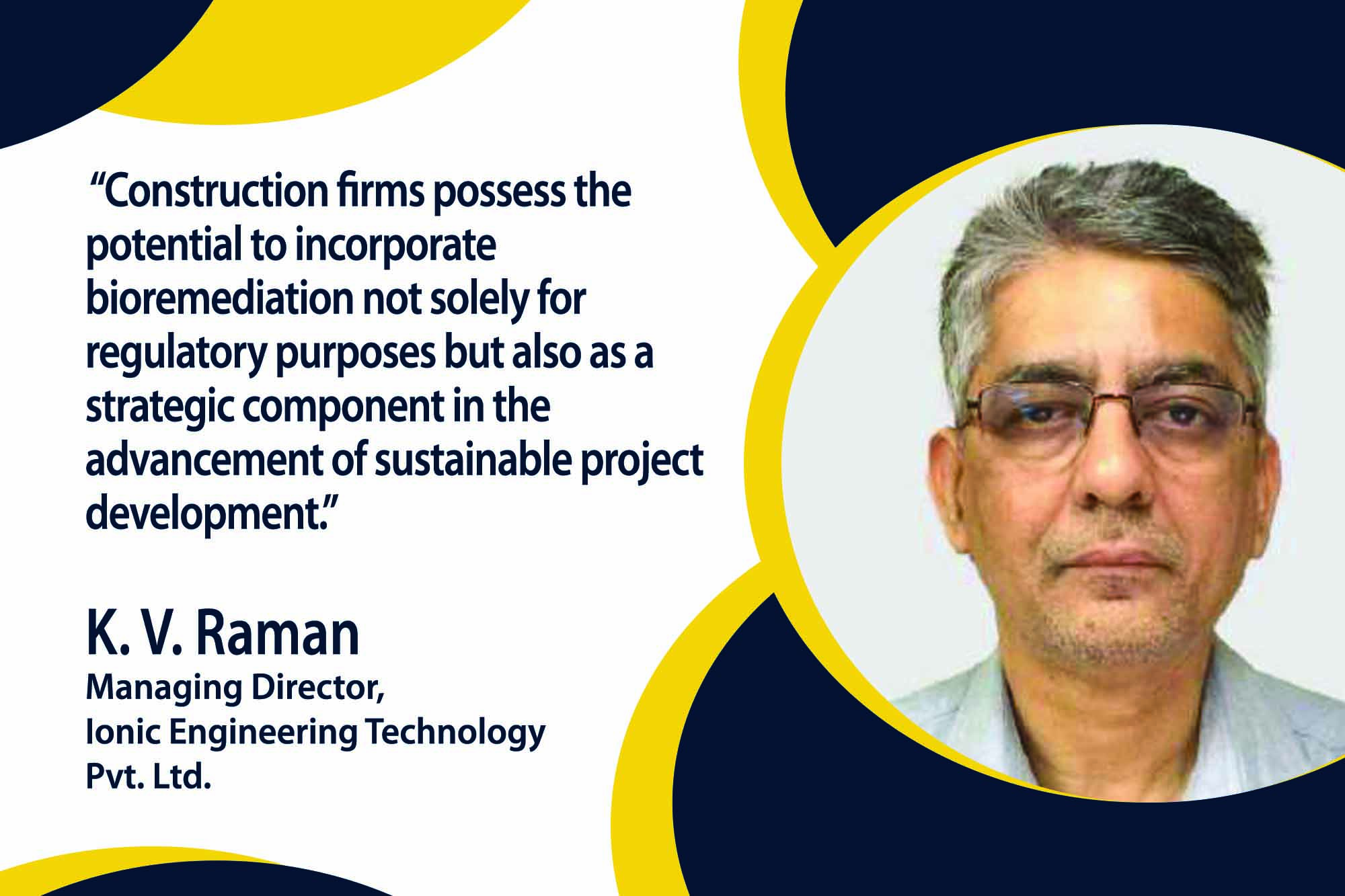In the crucible of resilient infrastructure, wastewater treatment emerges as a silent hero. From combating water scarcity to navigating urban constraints, innovative technologies are redefining our approach. Yet, challenges persist—cost perceptions and seamless integration. Let’s explore the synergy between wastewater solutions and resilient infrastructure, forging a sustainable path forward.
Wastewater treatment’s role in crafting resilient infrastructure
By guaranteeing the accessibility of potable water—a vital resource in every sphere of existence, including construction—wastewater treatment technologies further the cause of resilient infrastructure design. In regions susceptible to water scarcity due to climate change, cutting-edge wastewater treatment technologies such as desalination, bio-based remediation techniques, and energy-efficient technologies can supply a dependable water supply. Providing an alternative water source if conventional sources are compromised, these technologies can also aid in mitigating risks associated with natural disasters. Furthermore, a functional waste water treatment facility that is appropriately designed, engineered, operated, and maintained within residential complexes and a public sewage treatment source can serve as a water source for construction purposes and secondary use. “Water Positive Buildings” can generate revenue for the operation and maintenance of sewage treatment plants by selling clear and clean water to the construction industry at a reasonable price.
Challenges in applying bioremediation technologies
One of the main obstacles when implementing bioremediation technologies in conventional construction projects is the perception that sustainable remediation methods incur extra expenses without substantial benefits and may undermine the intended remedial goals. However, it is possible to implement sustainable remediation concepts cost-effectively and, in certain instances, even achieve substantial cost savings. To mitigate these challenges, it is crucial to educate stakeholders on the long-term benefits of bioremediation technologies, including cost savings through sustainable management practices and climate resilience. Limited space presents a significant obstacle to the implementation of bioremediation technology. In urban regions (cities), land is scarce and prohibitively expensive when it is accessible, leaving little room for the implementation of bioremediation technologies. A decentralised approach is more suitable to accommodate the footprint requirement for municipal bioremediation plants. A decentralised approach to wastewater treatment has several additional advantages, including a shorter pumping distance.
Examples of IoT, sensor, or monitoring systems for resilience
IoT, sensors, and monitoring systems have been successfully implemented in numerous projects for resilience purposes. Water meters enabled by IIOT are utilised to quantify water usage in residential, commercial, and industrial establishments. Water consumption measurements increase the revenue of water treatment and distribution agencies while reducing the waste of valuable water. The necessary technology to implement this in residential dwellings, large-scale projects, and industrial zones is readily accessible. Industries are currently utilising water quality analysers enabled by IIOT to monitor the quality of treated wastewater and process water. To ensure regulatory compliance, industrial facilities utilise water quality analysers and IoT-enabled water meters. Water consumption data is easily accessible via mobile application platforms and cloud-based dashboards. Water leakages and overconsumption can be identified and managed in real time. Due to Zero Liquid Discharge systems’ high capex and opex requirements, digital water consumption monitoring will benefit industries that implement such systems.
The measurement and reporting of groundwater extraction volume have been mandated by the CGWA (Central Ground Water Authority) in an effort to mitigate groundwater depletion and prevent overexploitation. Numerous industrial areas and municipalities have already documented the rate of groundwater level depletion.
Prospects for construction firms to incorporate bioremediation
Construction firms possess the potential to incorporate bioremediation not solely for regulatory purposes but also as a strategic component in the advancement of sustainable project development. For example, remediation sites may contribute to achieving the Sustainable Development Goals (SDGs) of the United Nations by being mapped to them. Furthermore, rather than existing as an independent supplement to overarching corporate sustainability objectives, sustainable remediation programmes should be seamlessly incorporated into them.
Prospects for the future of water and wastewater treatment
Incorporating Industry 4.0 technologies, including big data analytics, artificial intelligence (AI), and the Internet of Things (IoT), into wastewater treatment processes is a prospective development in the field. By implementing these technologies, the water and wastewater treatment process can be optimised, operational expenses can be decreased, and chemical utilisation can be optimised. Regarding the construction sector, these developments may impact water management practices by incentivising the implementation of intelligent water management systems that use these technologies to promote sustainable and efficient water usage.
Cookie Consent
We use cookies to personalize your experience. By continuing to visit this website you agree to our Terms & Conditions, Privacy Policy and Cookie Policy.





















